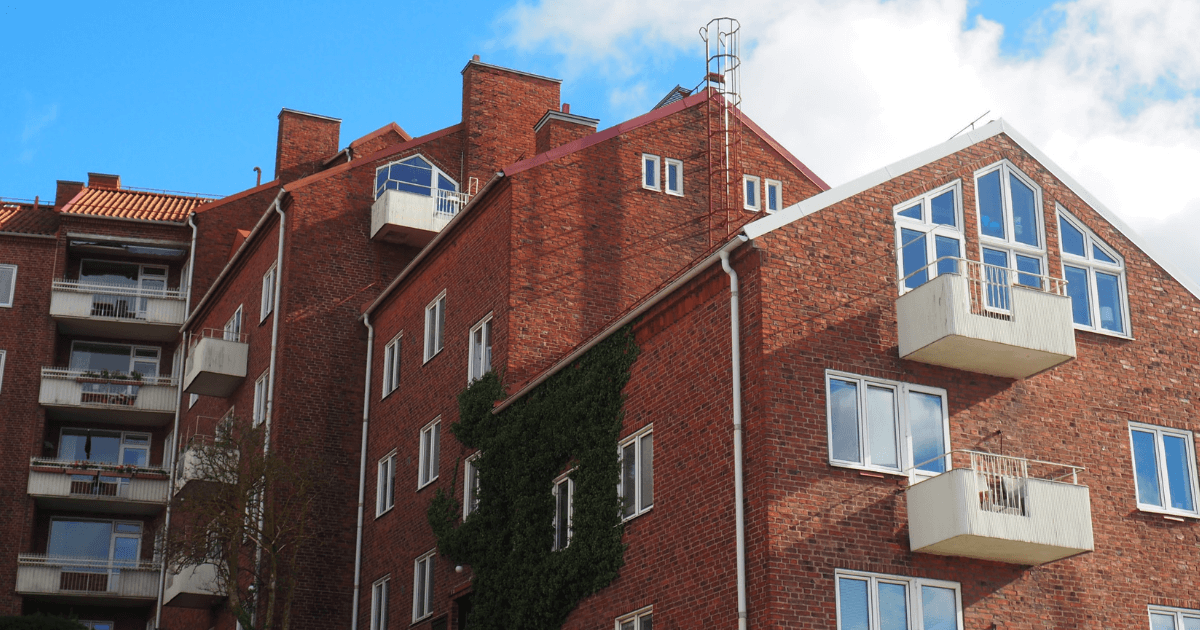
While the chances of federal relief for struggling homeowners, renters and apartment owners remains bleak, a new bipartisan proposal from the Problem Solvers Caucus has reinvigorated advocacy on this issue. This is the most urgent priority for most affordable housing leaders.
Recently, NHC started asking visitors to our COVID-19 Housing Resource Center to enter their name and email address. Over 400 people filled out the form in the first week – 360 of them were consumers asking for help with their rent. The COVID-19 Housing Resource Center is a policy resource, but renters are so desperate for support and guidance that they are looking for help anywhere they can find it. The calls we are starting to receive at our office are heartbreaking. I know many of you have had the same experience – some of you from tenants in buildings you built. Many of you, both for-profit and nonprofit, are covering rent out of your reserves. This is not sustainable.
Your advocacy with members of Congress and the administration has never been more important. All senators and representatives need to hear how this issue impacts their communities. The value of constituent advocacy cannot be overestimated.
While the Centers for Disease Control and Prevention (CDC) eviction moratorium has staved off some evictions, its application is uncertain and uneven. It also does nothing to address the risk of eviction this winter. Nor does it address the needs of millions of apartment owners, most of whom are small businesses. There’s already about $30 billion in unpaid rent, and we are seeing that number continuing to rise.
Congress has got to stop posturing and get back to negotiating. Even the president has weighed in and said that Democrats need to come back to the table while Republicans need to do more. That’s constructive, as is the Problem Solvers’ proposal.
For homeowners, the situation continues to worsen, with some good news as the economy begins a slow recovery. These gains could collapse, however, if a resurgence of the virus puts more pressure on the economy and more people stay home, through edict or through fear.
According to Black Knight, just under 3.7 million homeowners remain in COVID-19-related forbearance plans. That’s down more than 22% from the peak of over 4.7 million in late May, representing about 7% of the total mortgage market.
But according to the Mortgage Bankers Association, at least some of the decline in the Ginnie Mae share was due to servicers buying delinquent loans out of pools and placing them on their portfolios. As a result of this transfer, the share of portfolio loans in forbearance increased.
And new forbearance requests have increased slightly. With just under one million unemployment insurance claims still being filed every week, the lack of additional fiscal support for the unemployed could lead to even higher increases of those needing forbearance.
Mortgage forbearance and loan deferrals help, but it is funded by homeowner equity while servicers cover the missed payments. Over time, the mortgage finance system will pay the price.
The Problem Solvers plan isn’t perfect. Ultimately, much more than $25 billion in rental assistance will be needed and the proposal doesn’t do nearly enough for homeowners and apartment operators. But it is a start and it is one of the few solutions that is supported by a diverse and bipartisan group of 25 Republicans and 25 Democrats. It deserves to be seriously considered as the basis of negotiation that must result in legislation – this month.

